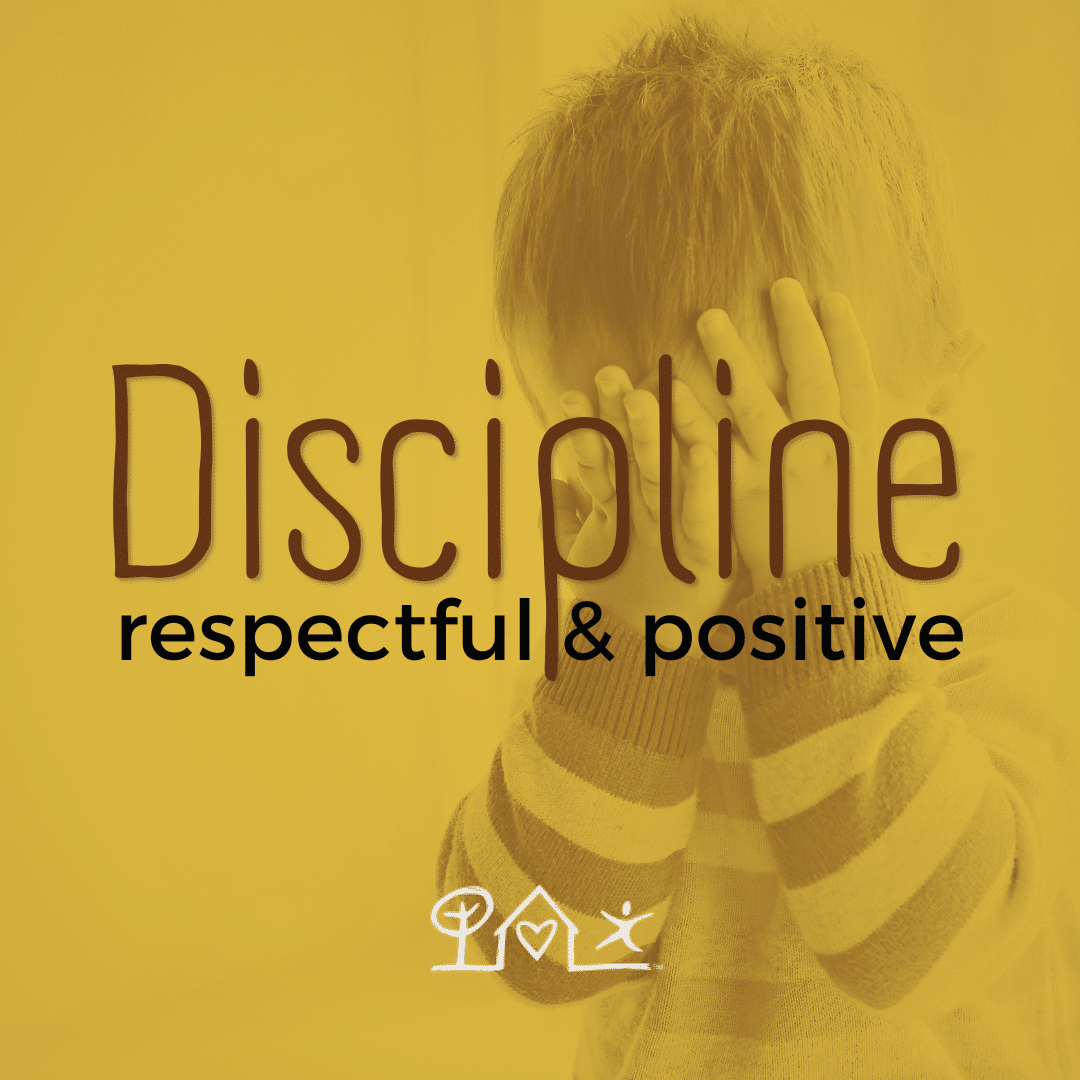You’ve probably come across one or more articles that extoll the virtues of getting children to help around the house. They make the point that children who do chores have better relationships with their parents, get higher grades, and even achieve more success in their professional lives as adults. While this all sounds great, many parents will argue that the possible benefits of getting your children to pitch in around the house are just not worth the arguments and head-butting that precede chore time.
If having household responsibilities is so good for our children, how do we get them to willingly participate?
If you’re a parent of young children, you’re in luck. The first strategy for success is to involve your children in household chores from an early age. Let’s think about ways in which even young children can contribute to keeping the home running smoothly: A one-year-old can put toys in a box; a two-year-old can wipe low shelves; a three-year-old can set the table; a four-year-old can feed the dogs. Think of three activities your young child can help with… You’ll be amazed at what you discover!
The second requirement for childhood chore success is providing the right tools. Imagine trying to clean your carpets with a vacuum cleaner that’s six feet tall and weighs 200 lbs. Well, that’s how your child feels when he tries to accomplish chores using the adult-sized equipment! This week’s video illustrates how child-sized kitchen utensils can help a child feel successful. Maria Montessori’s work was groundbreaking in part because she developed child-sized tools that allowed children to do the same type of work they saw their parents doing at home. She discovered that, when they had the right tools for their tiny hands, children loved to work and benefited tremendously from their activities. Thanks to her vision, we now have access to hundreds of child-sized items that can make your children’s participation in their home’s upkeep a breeze.
So, you’ve decided what tasks are right for your child, and you’ve invested in some child-sized tools. The third – and most important step – is to work together. You can view chores in two ways: as annoying obligations that must be gotten out of the way as quickly as possible, or as valuable opportunities to spend quality time with your child, help him develop life-long skills, and observe his progress. Just like reading together gives your child a positive feeling towards books, doing chores together helps him see housework as a happy and enjoyable part of his day. Pick a chore that doesn’t have to be done quickly and a time of day when you’re both rested and focused. Present the activity as you would any other Montessori material, and remember that, especially for very young children, the process is more interesting and satisfying than the end goal. Acknowledge their progress and appreciate their contributions in the same way you would like to be recognized for your work.
The Parenting School gives you the skills and confidence to develop household routines that will set up your child for a lifetime of success. Discover how The Parenting School can support your whole family! Click here to learn more.
Cooking utensils that are perfect for little hands help young children to feel successful in the kitchen. These items can be found in specialty cooking stores or in Montessori catalogues. They can be stored in a low drawer, so your child has easy access to them.
For more tips on how to introduce Montessori activities, read The Nine Key Points to Sharing a New Activity with Your Child.
P.S. Would you like my support and guidance setting-up your Montessori home? If, yes then go ahead and schedule a ‘Discovery Session’ with me. It’s free and you’ll know if we are a good fit. 😉






